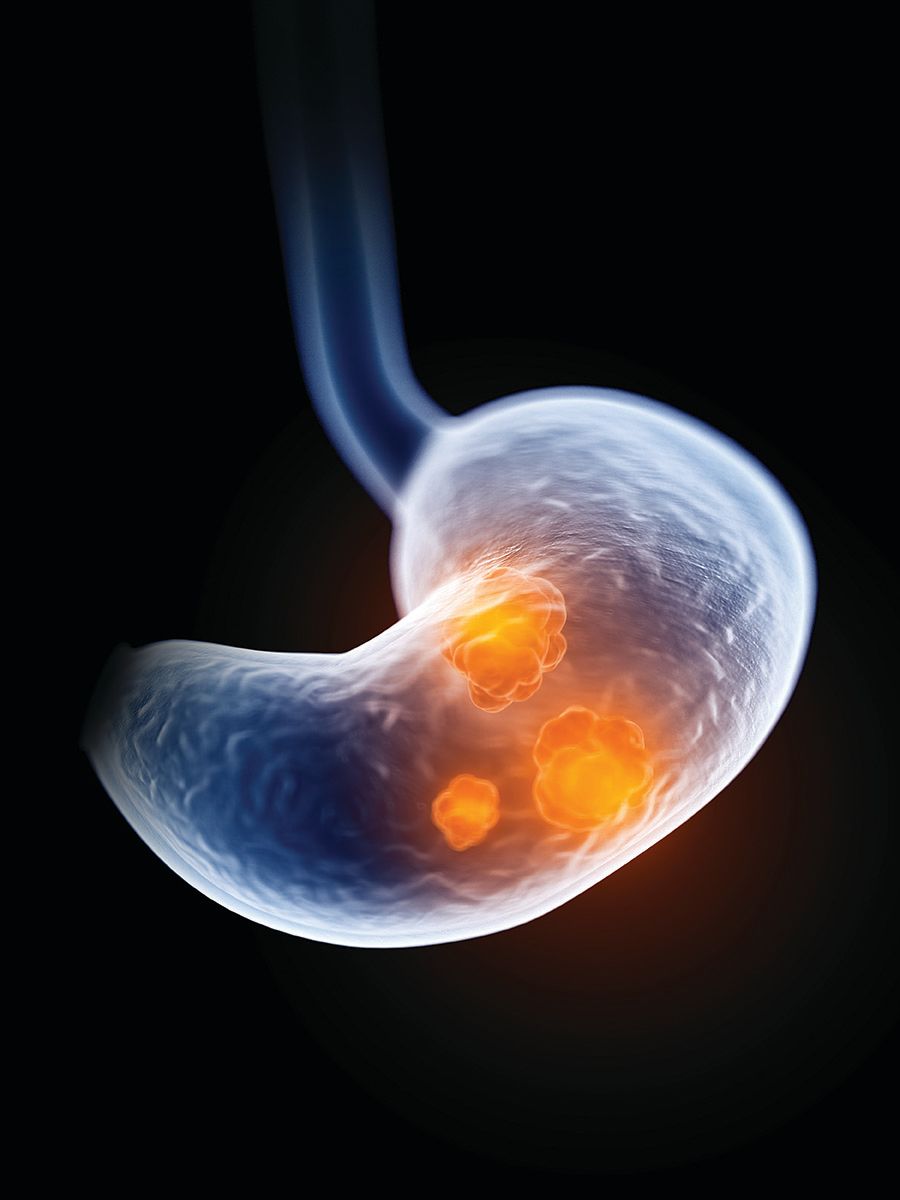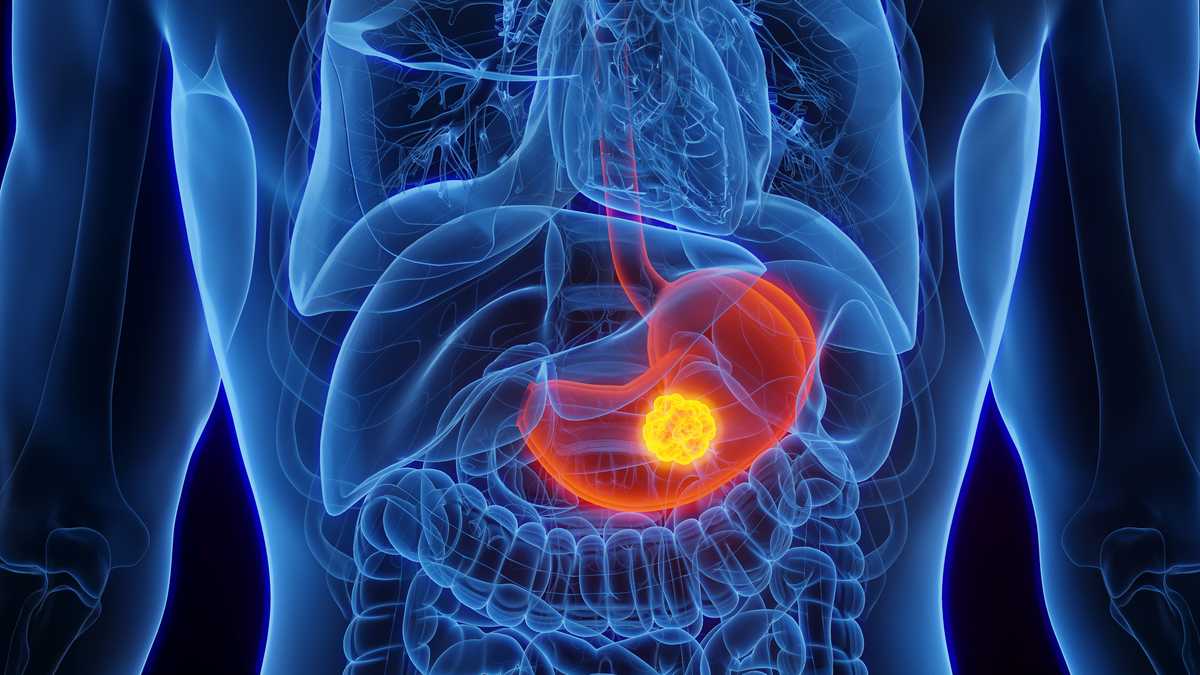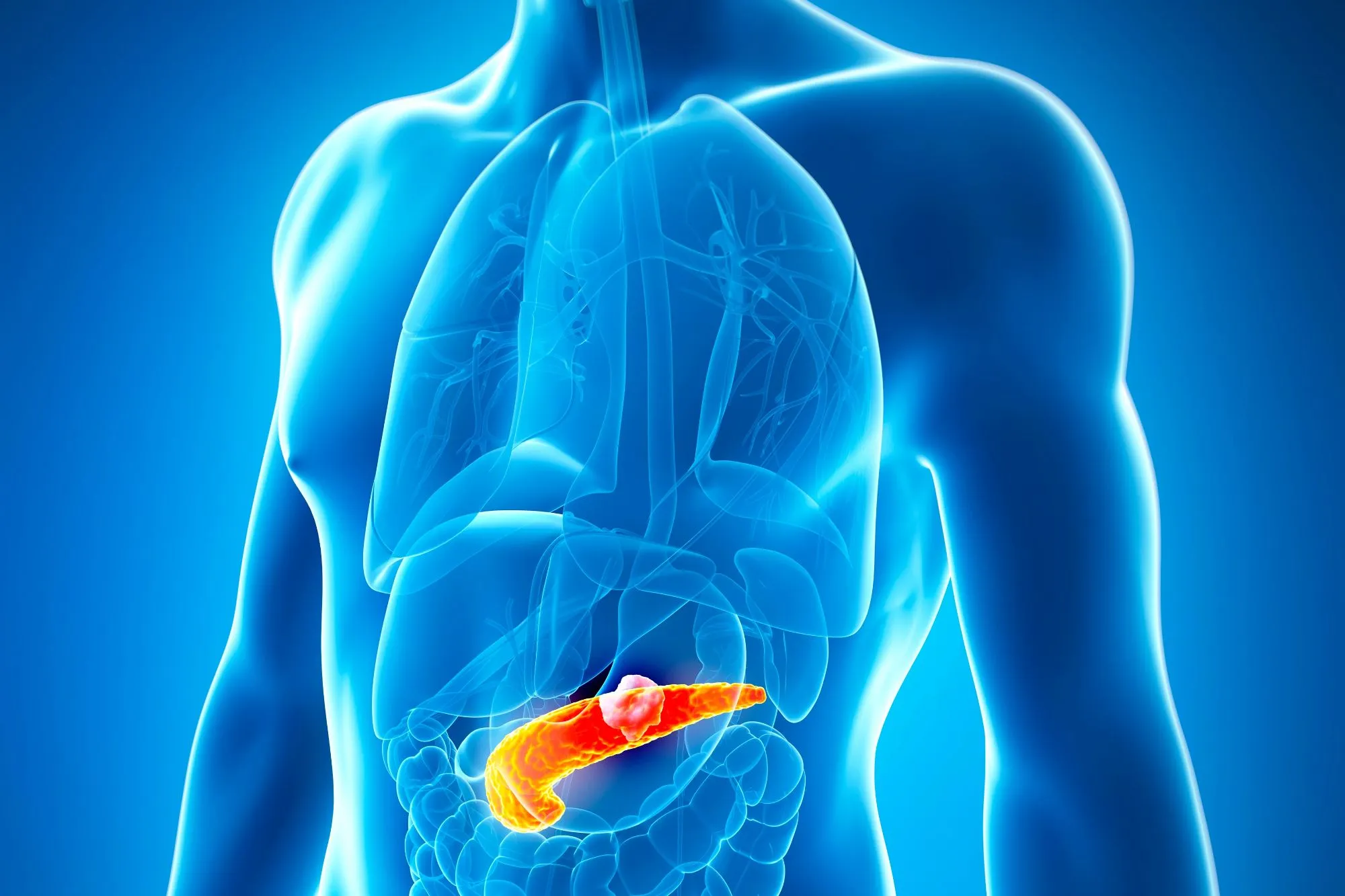Stomach Cancer
What Is Stomach Cancer ?

Treatment Of Stomach Cancer
The type of treatment when treating stomach cancer will depend upon its stage along with the overall health status plus some other factors such as the age of the patient, gender, etc. Majorly there are four types of treatments available for gastric carcinoma: surgery, radiation therapy, chemotherapy, or combinations of these treatments. Before or after surgery or together with chemotherapy, radiation could also be an option. However, remember that treatment plans will differ from patient to patient, and your doctor will help you decide what’s best for you.
Nowadays, treatment options available for people affected by stomach cancers are numerous. These include:
Targeted Therapy:
It involves certain agents that work on specific molecules responsible for carcinogenesis progression. Targeted therapy is more efficient than traditional chemotherapy and has fewer side effects.
Immunotherapy:
It refers to using the immune system to defeat any form of cancer. Sometimes, immunotherapy alone is effective, while in some cases, it is used in combination with other treatments available for stomach cancers.
Minimally Invasive Surgery:
It uses small incisions and special surgical instruments to eliminate the malignant tissue. Minimally invasive surgery usually takes less recovery time and causes less pain than traditional surgery does.
Don’t wait even one day after learning that you or your loved one has stomach cancer; instead, call us now for a consultation. Together, we can beat this illness if it affects your life’s path.
Stomach Cancer Diagnosis
Diagnosis of stomach cancer is challenging because most symptoms are not specific but may mimic other gastrointestinal conditions. Nevertheless, several tests might help with its identification, including:
Endoscopy:
This process entails inserting a thin tube fitted with a small camera to see parts of the stomach and look for any signs of malignancy.
BIOPSY:
A biopsy is a procedure for examining the body for cancer cells. It involves taking a sample from the stomach layers using microscopy.
IMAGING TESTS:
These include tests like CT scans, MRIs, and PET scans, which help define the tumor’s size and position.


STOMACH CANCER WARNING SIGNS
Persistent Abdominal Pain: Stomach cancer may be indicated by ongoing or chronic pain or discomfort in the abdomen, especially in the upper portion.
Heart Burn: A burning sensation in the human body that occurs in the gastrointestinal tract due to bad eating habits. Sometimes, it happens because of acidity or some side effects from medicines.
Nausea and Vomiting: Sometimes nausea occurs together with vomiting, which makes the patient so restless.
Weight Loss: Unexplained weight loss, including significant amounts, may indicate something is wrong with them
Decrease in appetite: This decrease in appetite can be easily noticed, especially if it is long-lasting and unexplained.
Fatigue is tiredness, weakness, or lack of energy that does not go away after rest.
These are a few symptoms of stomach cancers that may not necessarily appear every time except for 2-3 signs.
WHY STOMACH CANCER HAPPEN ?
Stomach cancer might include the following:
Helicobacter (H. pylori) infection causes gastric ulcers and increases cancer risks.
Dieting patterns mainly consist of salt, smoked, or pickled foods, but fewer fruits and vegetables enhance the chances of stomach carcinoma.
Tobacco and Alcohol Use: Smoking or chewing tobacco can indeed increase the risk of stomach cancer due to its direct impact on the internal lining of your digestive system.
Obesity:
Age: The majority (over 65%) of cases are diagnosed among individuals over sixty-five years old
Gender: Gastric cancer affects men more often than women.
Family History: People with a history of stomach cancer in their families or genetic conditions such as hereditary diffuse gastric cancer syndrome have an increased chance of getting the disease.
Specific health issues, for instance, chronic gastritis, pernicious anemia, and Stomach Polyps Cancer, can potentially put your life at risk as far as having a form of this ailment is concerned.
